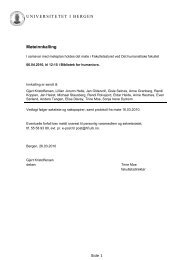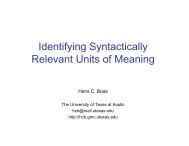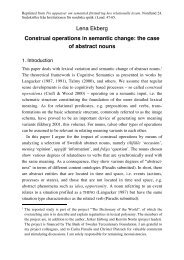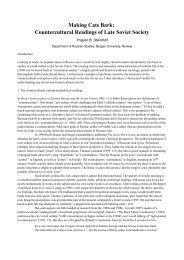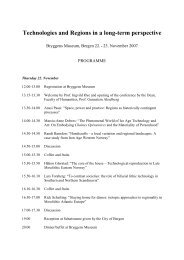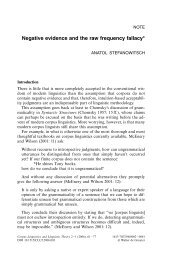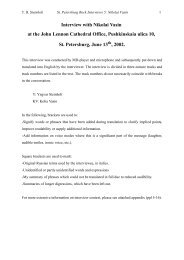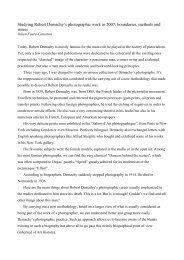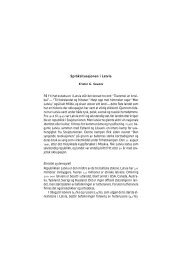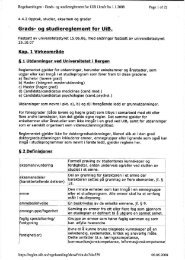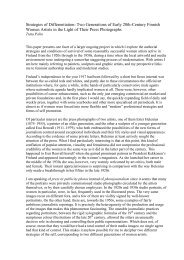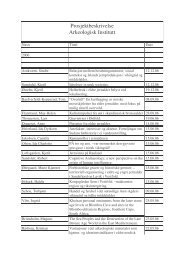THE BOOK OF POEMS IN TWENTIETH-CENTURY ... - TopReferat
THE BOOK OF POEMS IN TWENTIETH-CENTURY ... - TopReferat
THE BOOK OF POEMS IN TWENTIETH-CENTURY ... - TopReferat
Create successful ePaper yourself
Turn your PDF publications into a flip-book with our unique Google optimized e-Paper software.
idylls (Слава Богу, здесь—никаких страстей и никаких идиллий 59 ). It soon becomes<br />
clear, however, that he is not entirely stable. He includes a strange “pharisaical” prayer<br />
in which he thanks God that he is not a sighing, tearful girl visiting the country<br />
(слезливая дачница), not a little stream, a little storm cloud or a little star, but he himself<br />
(я не струйка, не тучка, не звездочка, а я сам) (120). He writes fairy-tales for his niece<br />
in his spare time and quotes one, “Рыбак” (the basis for Khodasevich’s poem), which he<br />
will never send to her—it is too disturbing and confused. By the end of the first section,<br />
the hero acknowledges that he has taken on a new name, a name of a calm, rational<br />
person: Aleksei Vasil’evich Pereyaslavtsev:<br />
Жизнь мою—жизнь Алексея Васильевича—я знаю очень подробно, твердо<br />
знаю мои планы, ценю свой ровный характер, неприхотливость, и уважаю<br />
всех моих знакомых, за исключением покойного Александра Никитича<br />
Большакова, умершего, к величайшему его счастью, в апреле месяце 190*<br />
года, в Москве. (123)<br />
My life—the life of Aleksei Vasilievich—I know very well. I know my plans<br />
thoroughly, I value my even character, my unpretentiousness, and I respect all my<br />
acquaintances with the exception of Aleksandr Nikitich Bol'shakov who died, to<br />
his great fortune, in Moscow in April of 190*.<br />
In the second section Pereyaslavtsev explicitly acknowledges that this Bol'shakov<br />
is his previous self. Disgusted with his tender, ecstatic (восторженный (125)) past, he<br />
has created a double for himself, discarding Bol’shakov for the lucid, even-tempered<br />
Pereyaslavtsev. His tone is anything but clear and composed, however. He is afraid of<br />
Bol’shakov—afraid that he will return, especially after he receives a note addressed to<br />
Aleksandr Nikitich from Grace, a woman from his past who is planning to visit him. In<br />
an act of desperation, Pereyaslavtsev “wakes up” Bol'shakov in the middle of the night to<br />
talk to him.<br />
59 Kissin, Legkoe bremia, 119. All subsequent quotations from the story are taken from Legkoe bremia.<br />
Page numbers will be noted in parentheses in the text.<br />
36



